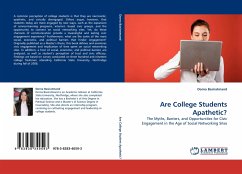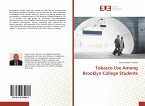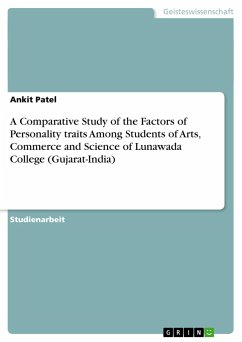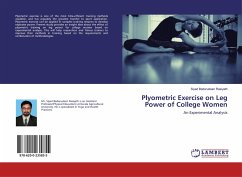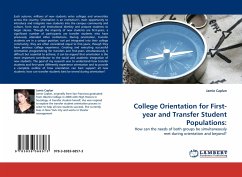A common perception of college students is that they are narcissistic, apathetic, and civically disengaged. Others argue, however, that students today are more engaged by new ways, such as the expansion of service-learning programs, internet- based civic groups, and the opportunity to connect on social networking sites. Yet, do these channels of communication provide a meaningful and lasting civic engagement experience? Furthermore, what are the some of the main social, economic, and political barriers that hinder engagement? Originally published as a Master s thesis, this book defines and examines civic engagement and implication of time spent on social networking sites. In addition, a host of social, economic, and political barriers are analyzed, as well as student s perception of trust and civic efficacy. Findings are based on survey conducted on three hundred and nineteen college freshmen attending California State University, Northridge during fall of 2008.
Bitte wählen Sie Ihr Anliegen aus.
Rechnungen
Retourenschein anfordern
Bestellstatus
Storno

